Ask AI on The Internet
Question: 4. Why did Abigail keep lying, and why did all the girls follow her lead in the crucible
In Arthur Miller's play "The Crucible," Abigail Williams continues lying and manipulates the situations primarily to protect herself and gain power, control, and possibly even affection. Here’s a deeper look into her motivations and the reasons the other girls followed her lead: ### Abigail's Motivations: 1. **Self-preservation**: Abigail initially lies to avoid punishment for her behavior in the woods, which was forbidden. The girls were performing a ritual, and when discovered, her first instinct is to avoid the consequences. 2. **Power and Control**: As the hysteria around witchcraft grows, Abigail realizes she can wield enormous influence over the town. Her accusations give her power, which she uses to control others, including the other girls and the town’s authority figures. 3. **Desire for John Proctor**: Abigail has had an affair with John Proctor and is motivated by her desire to be with him. She hopes to eliminate his wife, Elizabeth Proctor, through accusations of witchcraft, thereby removing a key obstacle to her romantic desires. 4. **Jealousy and Revenge**: Abigail is depicted as a character driven by jealousy and a desire for revenge against those she perceives as having wronged her or stood in her way, including Elizabeth Proctor. ### Why the Other Girls Followed Her: 1. **Fear**: The other girls are terrified of Abigail and the threats she makes against them. Abigail demonstrates early on that she is willing to harm anyone who opposes her or reveals the truth. They fear her wrath and the repercussions of going against her. 2. **Mob Mentality**: The phenomenon of mob mentality plays a significant role. The girls, caught up in the hysteria and the collective emotions of the group, find it easier to go along with Abigail than to resist. 3. **Self-Preservation**: Like Abigail, the other girls also fear for their own safety. By following Abigail's lead, they avoid being accused themselves and face the dire consequences of being labeled witches. 4. **Attention and Influence**: The girls, many of whom hold little power or influence in Puritan society, find that by participating in the accusations, they gain attention and a voice. This newfound influence is intoxicating, and they become complicit in perpetuating the lies. 5. **Psychological Manipulation**: Abigail is a skilled manipulator and uses psychological tactics to maintain control over the girls. She exploits their fears, desires, and vulnerabilities to keep them aligned with her. Abigail’s actions and the subsequent hysteria exemplify the dangers of lies, deceit, and unchecked power within a society marked by rigid moral codes and strict hierarchies. The play is a commentary on the consequences of personal vendettas and mass hysteria, as well as a reflection on the McCarthy era during which Arthur Miller wrote "The Crucible."
Think your answer is better than the AI's? Post it below.
If you want your question answered by an AI, click here.
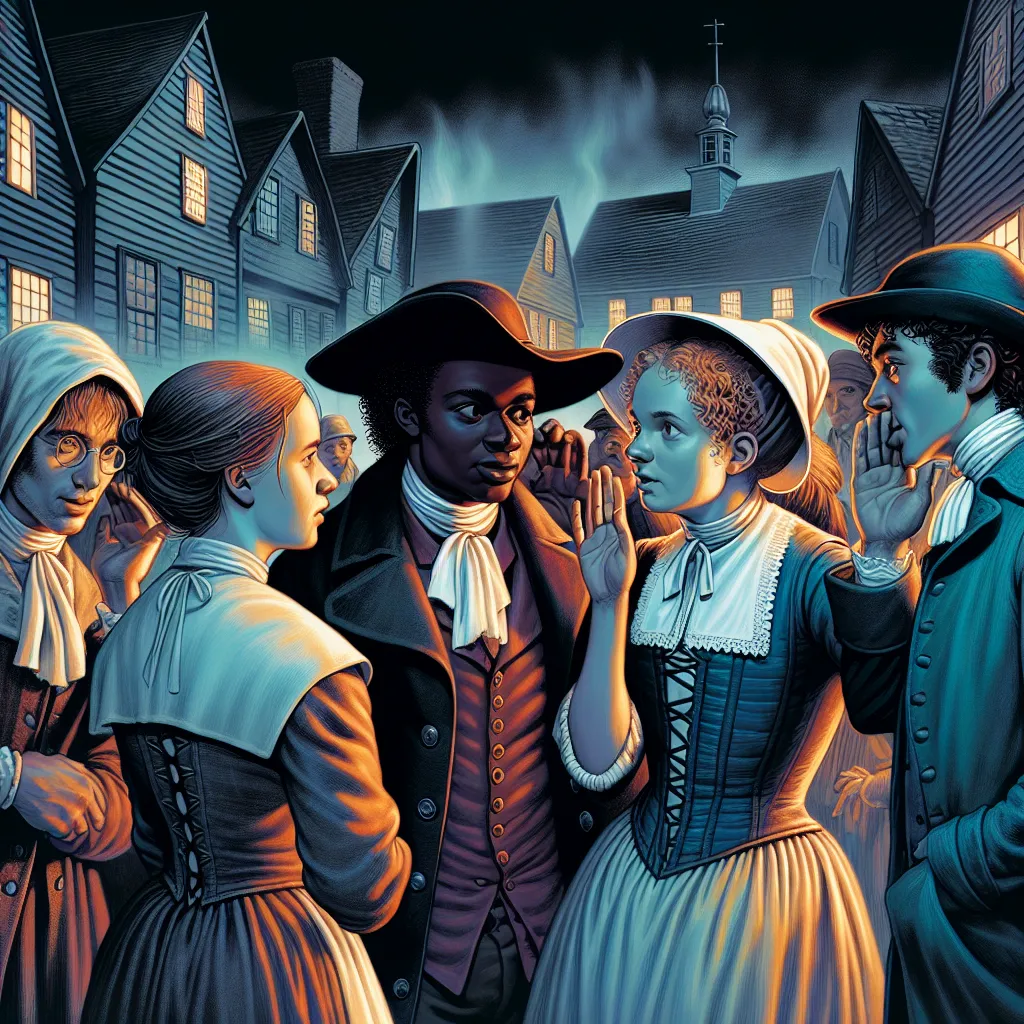
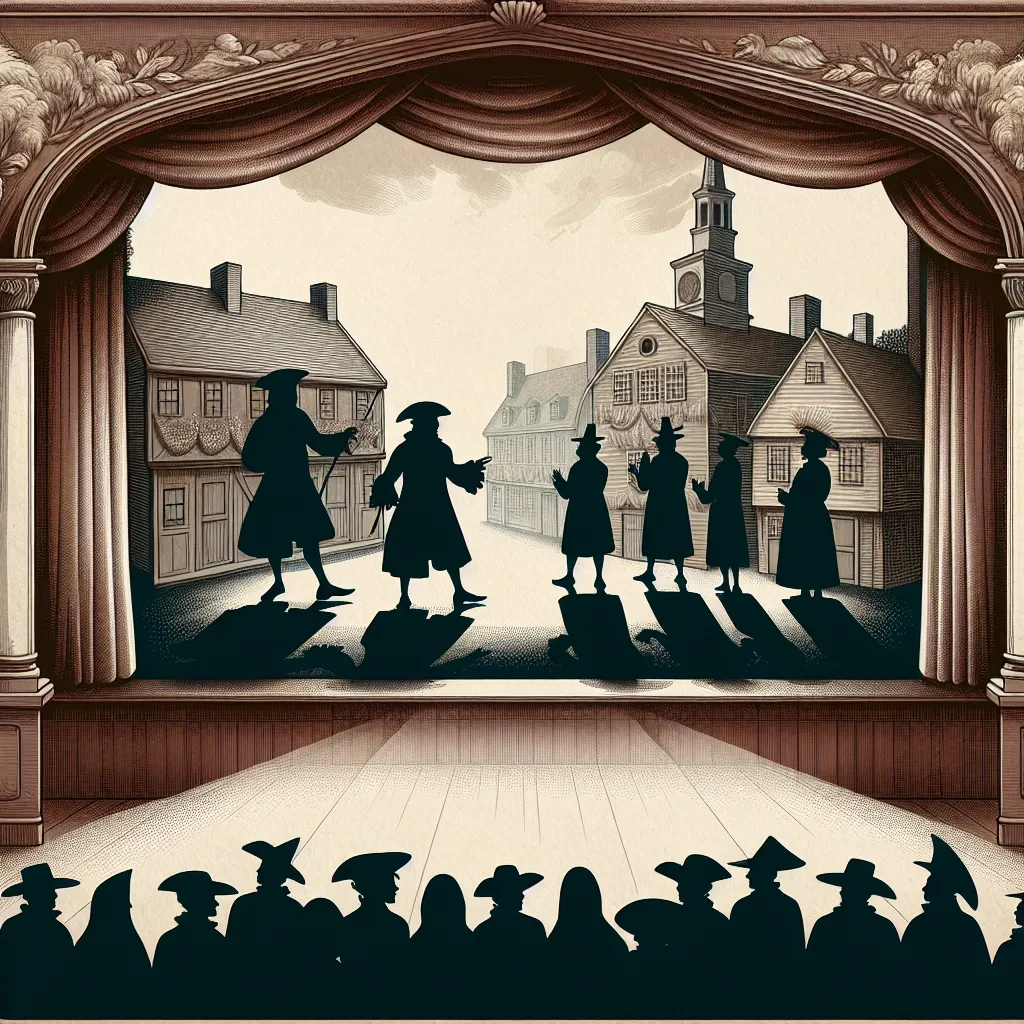

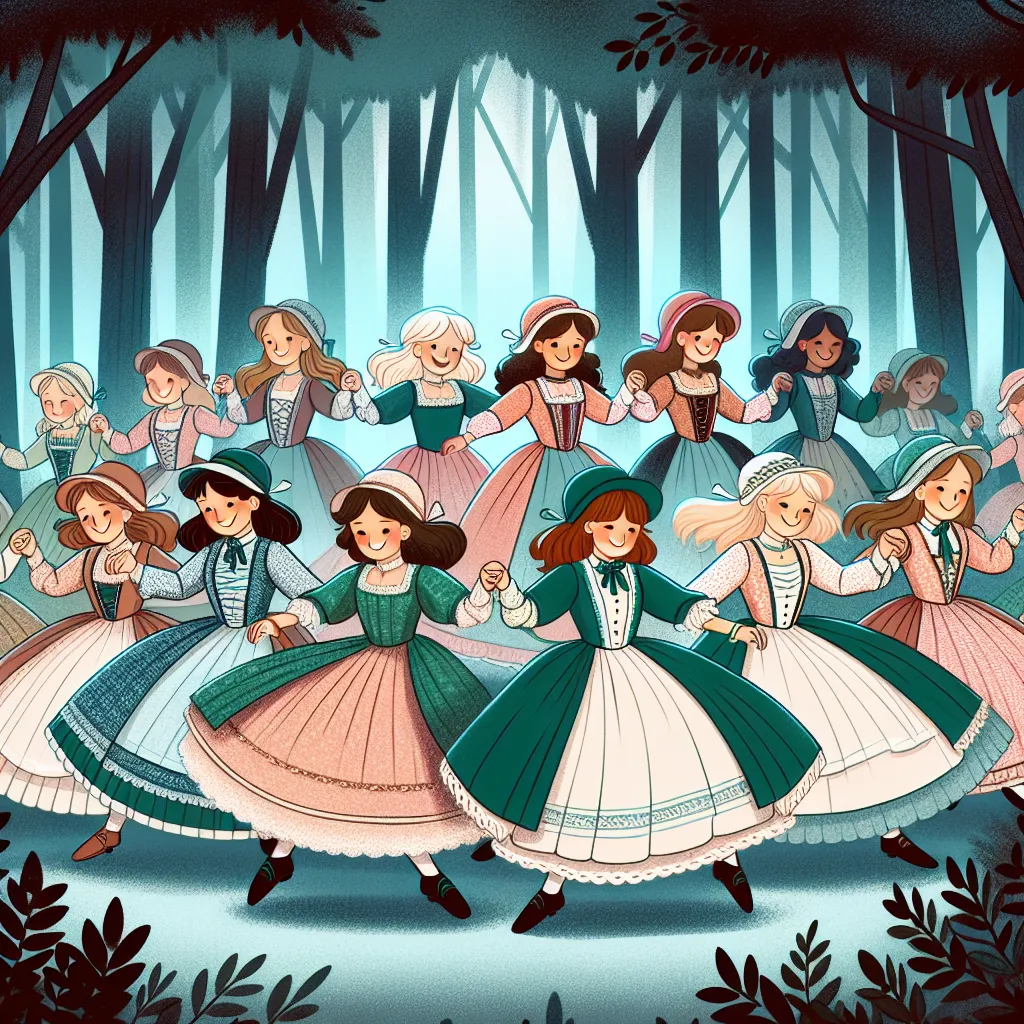
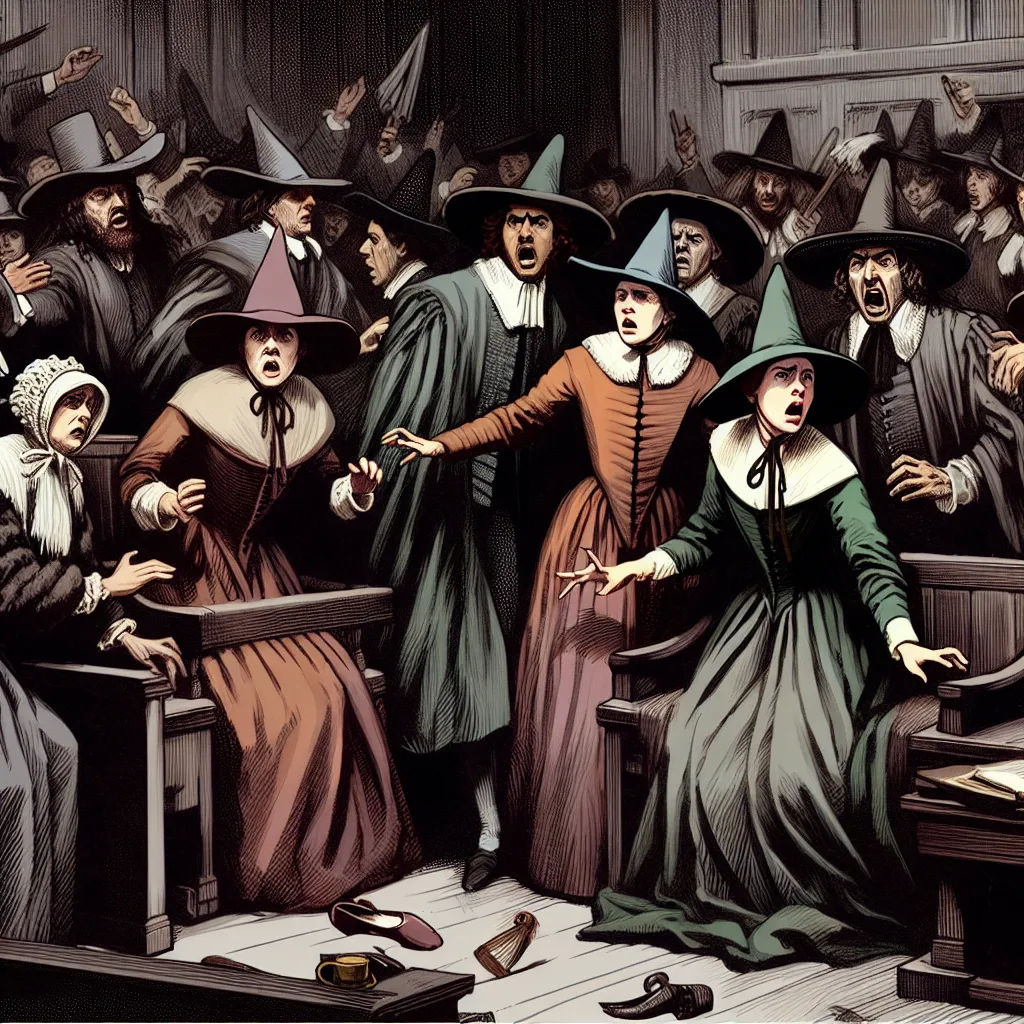

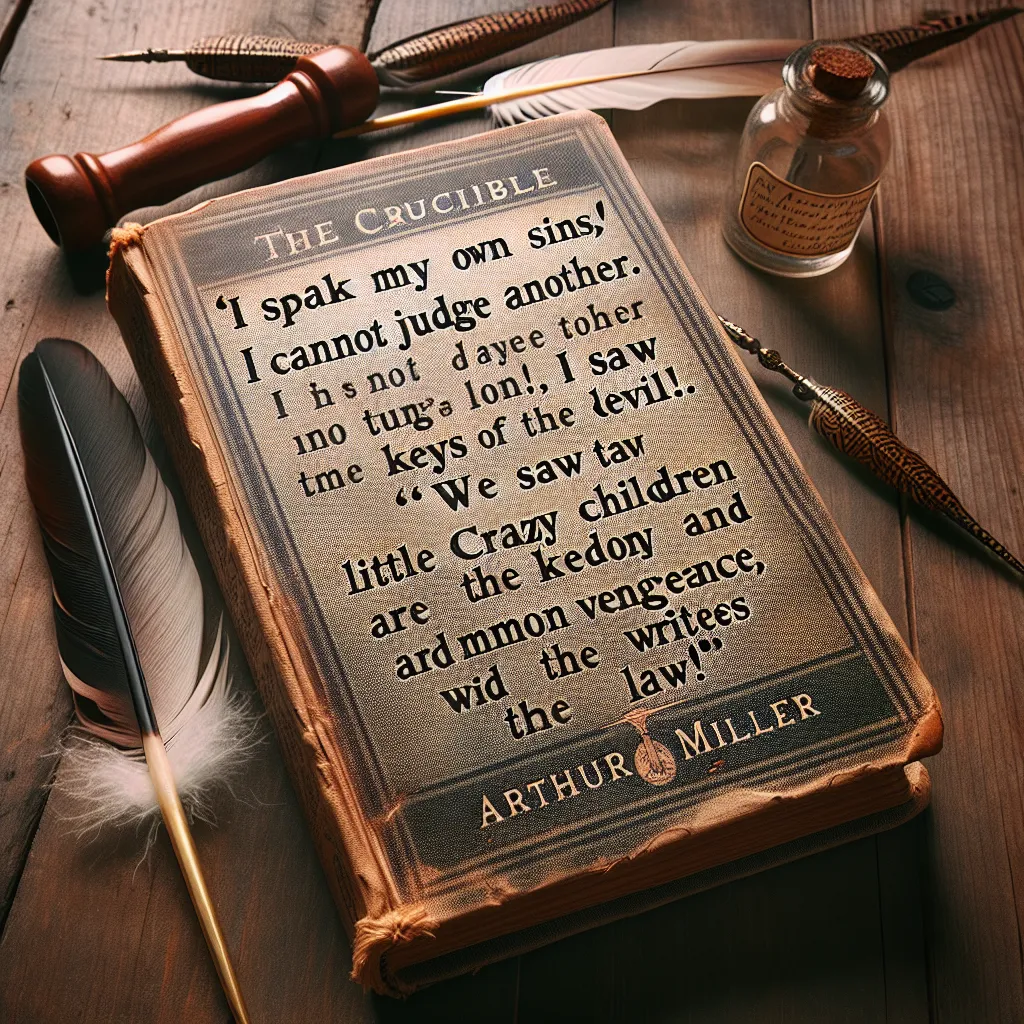
Post your own comment: